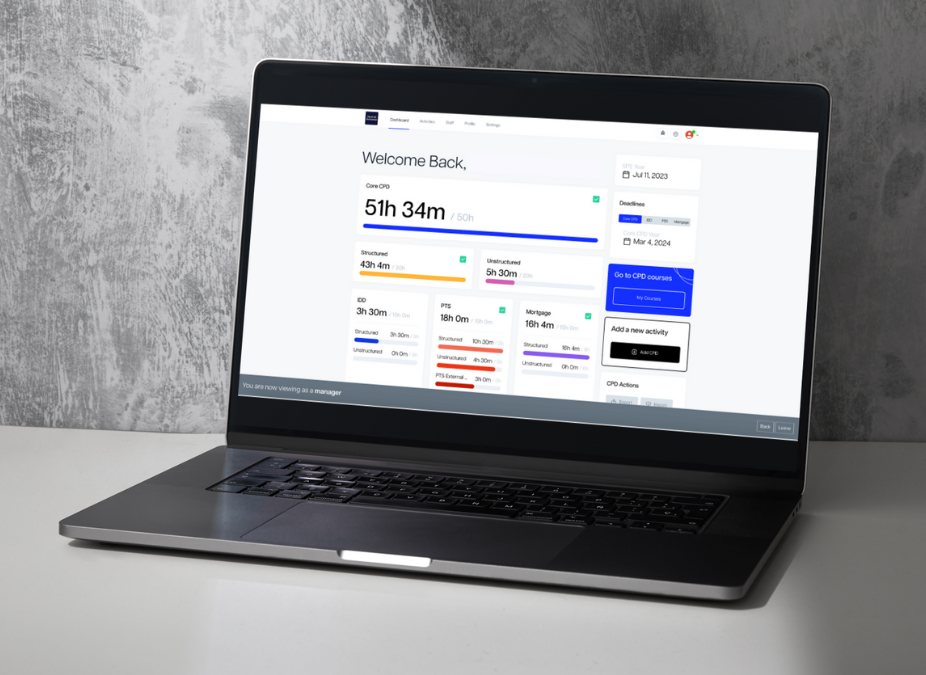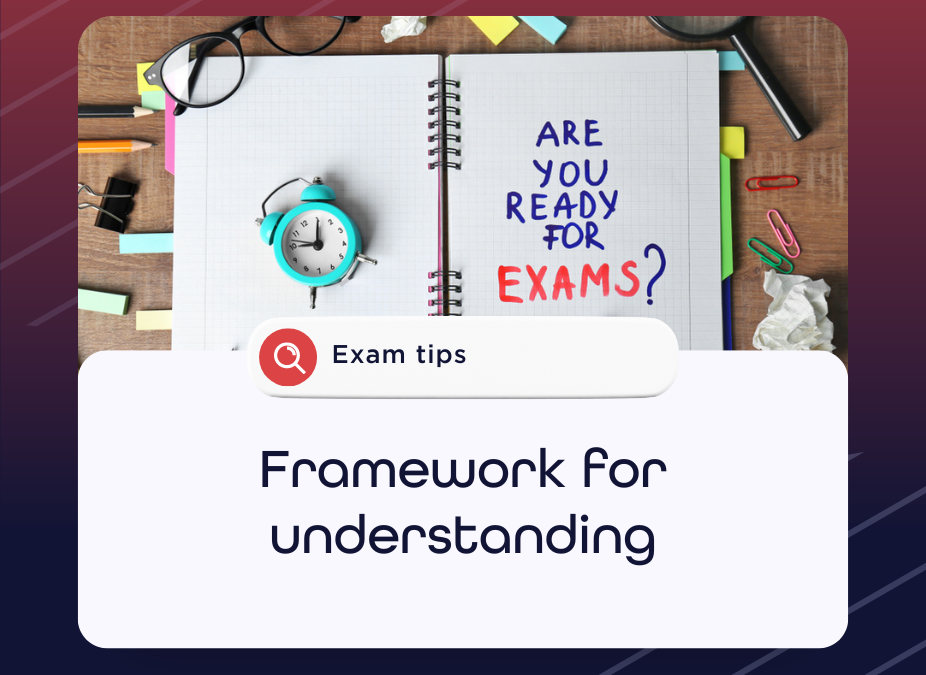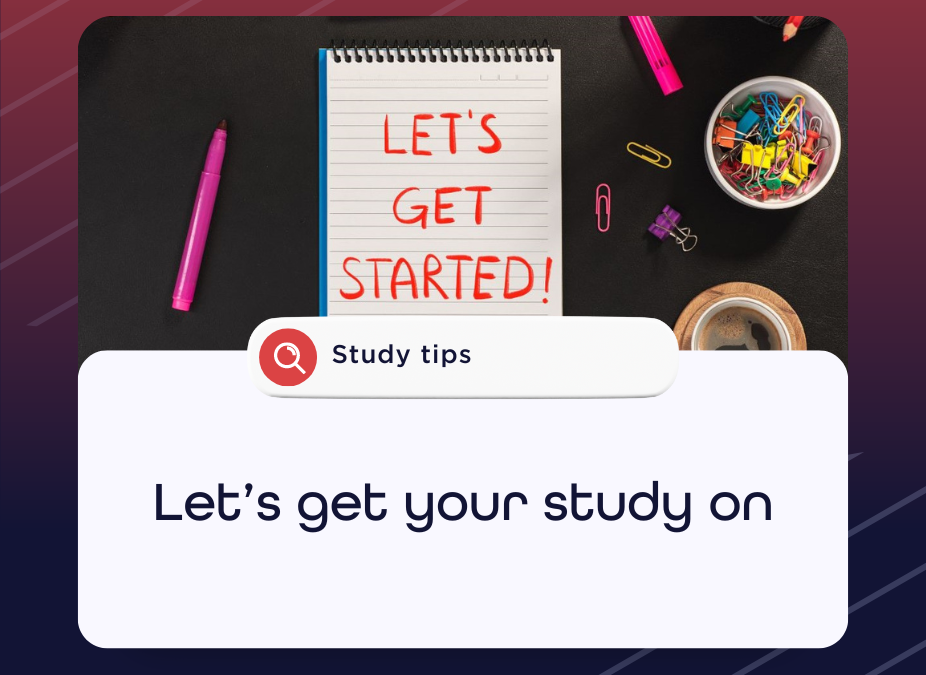What a year 2020 was for all of us!
Our lives have been significantly impacted in ways most thought would be highly improbable in this day and age. We’ve found ourselves thrust into home working life and as such embracing a new digital world. Regardless if you initially slinked into this at a more relaxed pace by lazing on the couch watching the latest series on your favoured TV streaming service or being that ‘one’ who constantly talks over a colleague on the Monday morning team Zoom call due to a slow wifi connection, our habits have changed and regardless if you’re a fan or not, many are here to stay.
So what does this mean?
Going digital doesn’t have to be thought simply as a temporary measure or ‘just making do’. In the case of professional training, digital learning is a valuable resource rather than a substitute for traditional face-to-face sessions. In fact, it is very much its own thing, exemplified by its flexibility of an ongoing, self-paced experience.
Digital learning places less emphasis on single learning ‘events’ and more on continuous programme that fits smoothly into the workflow. It’s never a ‘one-and-done’ approach either; digital learning incorporates reusable reference materials, just-in-time learning (such as job aids) and ongoing performance support. Within workplace learning, one key trend is the demand for adaptive content, fast-track options and key metrics (for both group and individual performances).
Comfort and convenience
The immediate positive of digital learning is that it is simply more accessible to learners than face-to-face. Students can read, watch and interact at home, at their desks, on their phones, even on the bus; learning in short, manageable sessions whenever is most convenient.
With the adoption of a Learning Management Systems, both ‘push’ and ‘pull’ experiences can be delivered. Whether this is courses being assigned to learners who need them or be recommended based on their needs and interests, while search functionality lets them find what they want when they need it from any of the catalogued material to revision specific topics.
Learning delivered in shorter sessions, spaced out over a period of time, has been shown to be more effective than one-off training sessions. And with more autonomy and control over their own learning, learners can go at their own pace and delve deeper into topics that interest them.
You may think that online learning suffers without the ‘personal touch’ provided by face-to-face training, but digital learning journeys can be tailored and personalised for each learner or cohort. With the growing acceptance and use of video calls or pre-assessments and confidence tests allowing learners to skip over sections they are already familiar with, while personalised assessments can give feedback down to each individual question and then direct learners to their weaker areas based on how they performed.
Learning platform functionality also allows us to connect learners with subject matter experts, trainers, and each other. This is done via social media-style functionality, such as forums and comments sections, allowing learners to discuss topics and share information.
Digital learning also stands out due to the rich mix of media it provides, from interactive quizzes and games, to video and animation. These tools can be used to create immersive scenarios, giving learners a chance to practice key skills and make mistakes, in a safe space.
Eating your cake and saving it too
Digital and face-to-face learning can complement one another for a rich overall learning experience. Some blended approaches include:
· having learners review online resources beforehand and then using face-to-face sessions for in-depth discussion;
· recording face-to-face sessions and then hosting them on learning platforms for long-term use;
· holding live webinar sessions online, and connecting learners to trainers online for ongoing support.
Whatever approach you use, blending digital and face-to-face learning gives you the best of both worlds. If you are currently revising or thinking of transitioning your internal training, get in touch with Redmill Advance to understand our corporate proposition and how we can help you uncover the hidden benefits of going digital.
Redmill Advance is a learning provider and e-learning specialist offering support across CII and CISI exam range, covering level 3, 4 and 6. In addition, we offer other e-learning across compliance, soft skills, HR, foundation, and leadership to name a few. In total we have more than 200 learning programmes in our range of products.
We provide structured learning via a learning management system (LMS) blending our learning with digital (webinar) and classroom training to support our product range. Learning can be accessed 24/7 on any device and from anywhere in the world. Our learning programmes have the flexibility to run over a variety of timeframes, contain reading, e-learning, video, assessments and mock exams. Our systems are cloud based, have a plethora of management reporting behind them and a very wide variety of user functionality. www.rmadvance.com
For enquiries please contact Redmill Advance on 0131 541 2273 or email hello@rmadvance.com.
Learn without limits
Redmill Advance
Stay Connected!
Follow us on social media for the latest news, study tips and exclusive offers.
(Reference to Rosie Scott, Senior Learning Designer)




